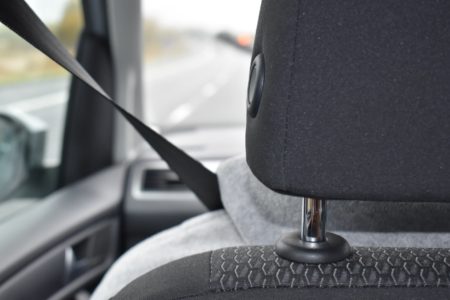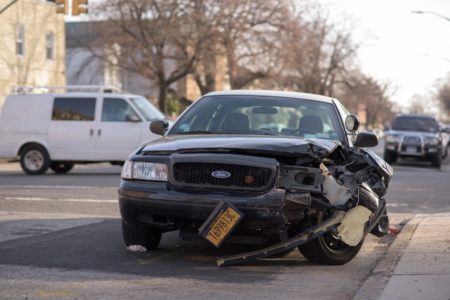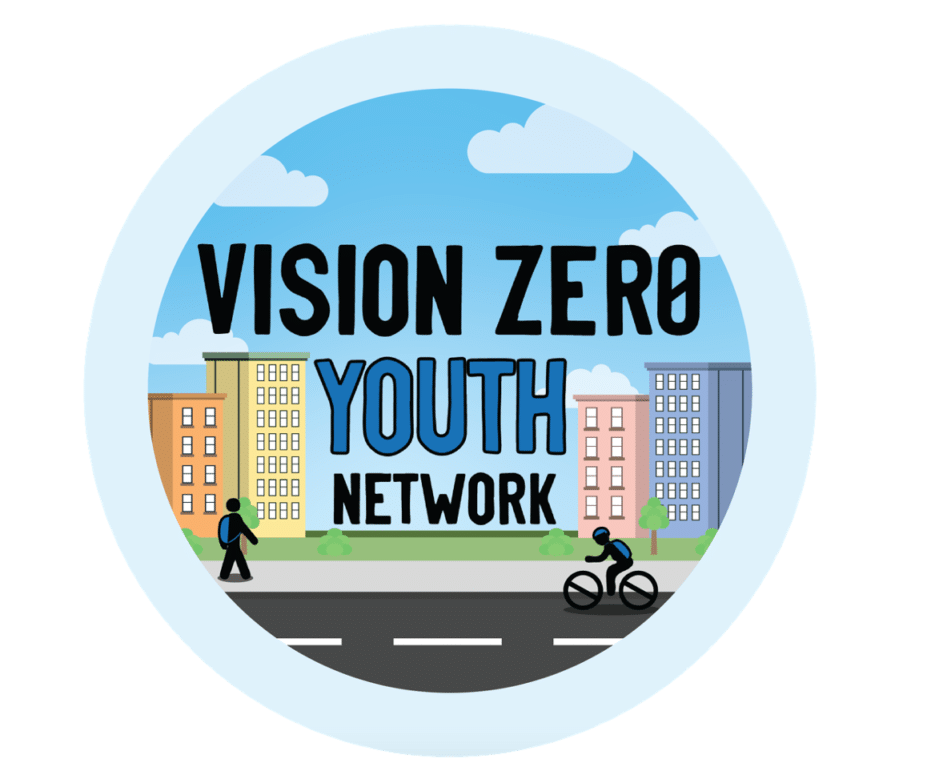By Emily C.
If your teen will be learning to drive soon, prepare yourself for a big increase in your car insurance premiums! They cost a lot to insure because they are most likely to crash due to inexperience and risky behaviours like speeding, cell use and goofing around.
Here are some ways you can reduce your insurance costs without reducing the coverage you may need:
- Send them to a good driver education program.
Most insurance companies will provide a discount if the new driver takes a reputable course they recognize. - If you live in a cold climate, use winter tires during winter.
Winter tires grip the road better because they have deeper treads and are made of different rubber than all-season or summer tires. Most insurance companies will provide a discount when you switch to winter tires for the winter season. - Choose a late model car with excellent safety features.
Many people think teens should drive old beaters because scratches and dents won’t matter, but newer cars have features that protect the occupants and provide better maneuvering. Safety features like anti-lock brakes, anti-rollover technologies and back-up cameras reduce insurance premiums. While a fender bender can cost a few thousand dollars to repair, a crash that results in a fatality or a serious injury can cost millions and insurance premiums reflect that. - Don’t get them their own car too soon.
Insurance is less expensive if they are casual drivers of a family vehicle rather than the designated driver of their own car. The other advantage is that teens tend to be more careful when driving a vehicle they need permission to drive. - Don’t modify the car, especially with speed enhancers.
If the car looks souped up - like a hot rod, it will spike your insurance premium because those types of modifications are associated with speeding and risky driving behaviours. - Create a family agreement about driving and use of the vehicle.
Although it won’t reduce your insurance premium immediately, having a family agreement (with consequences) will let your teen know what your rules and expectations are. This will help them avoid doing things that will get them tickets and that will keep your premiums from going up. - Consider installing a telematics device.
Many insurance companies have telematics programs. They will send you a device to install in your car for free or provide you with a link to download an app on your teen’s cellphone. It will record how the car is driven over a period of time. It records things like speeding, hard braking, distance travelled, time of day, etc, and sends the info to your insurance company. It can’t be used to raise your rates but it can get you a discount of up to 15%. Tell your teen you’re installing it so they know you know how they’re driving. - Pay your insurance premiums annually, not monthly. A single annual payment is usually less than paying each month.
- A higher deductible means lower insurance premiums and then think twice before making a claim for a low cost repair. For example, if your deductible is $1500 and the repair will cost you $1800 you may be better off paying the additional $300 out of your own pocket and not processing a claim. Claims drive the insurance costs up.
- Insure your home and vehicles on the same policy.
- Ask your insurance agent if they have any additional discounts.
Some companies provide a ‘good student’ discount or your professional organization may get a group rate.




